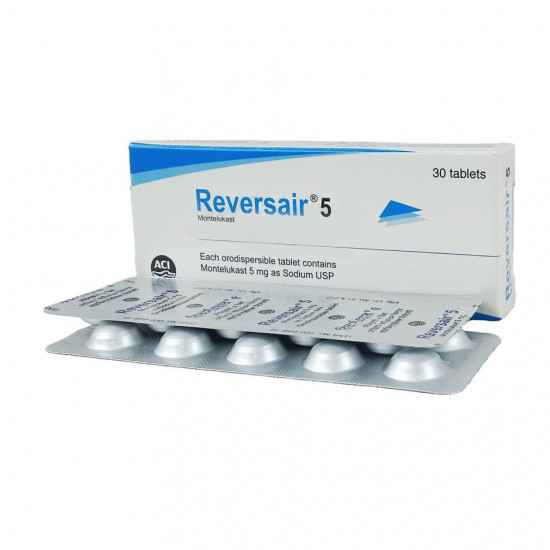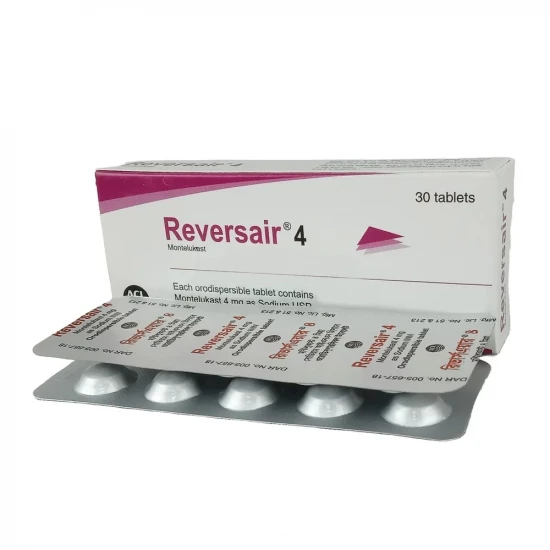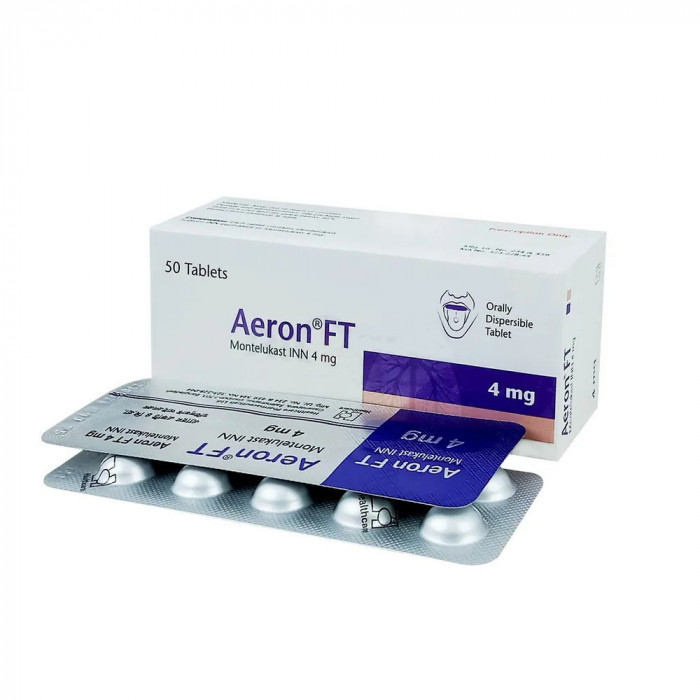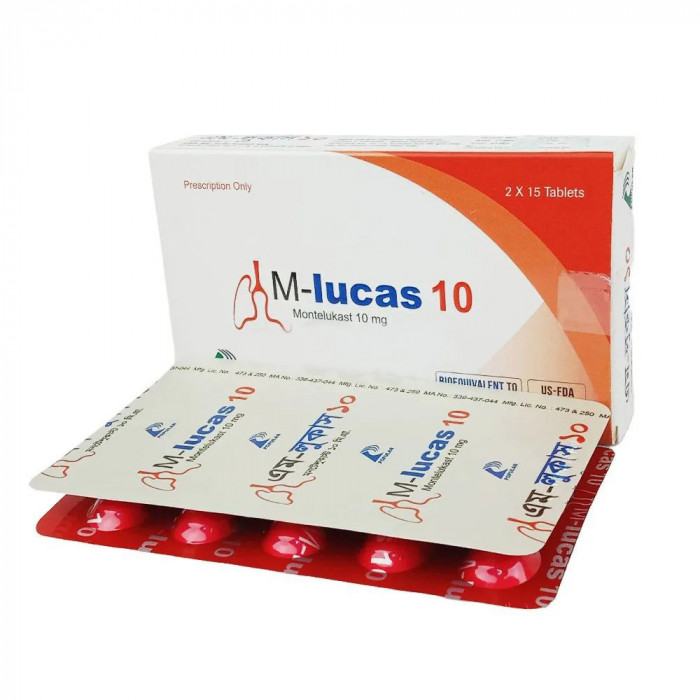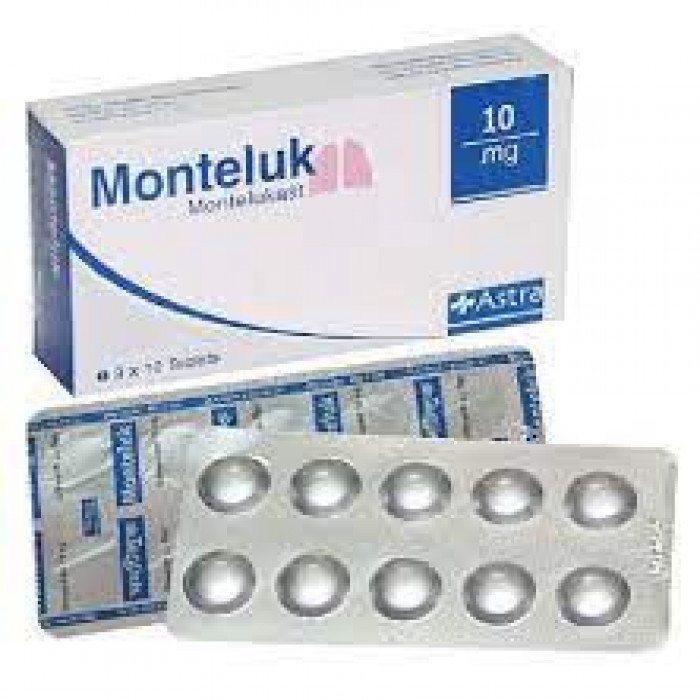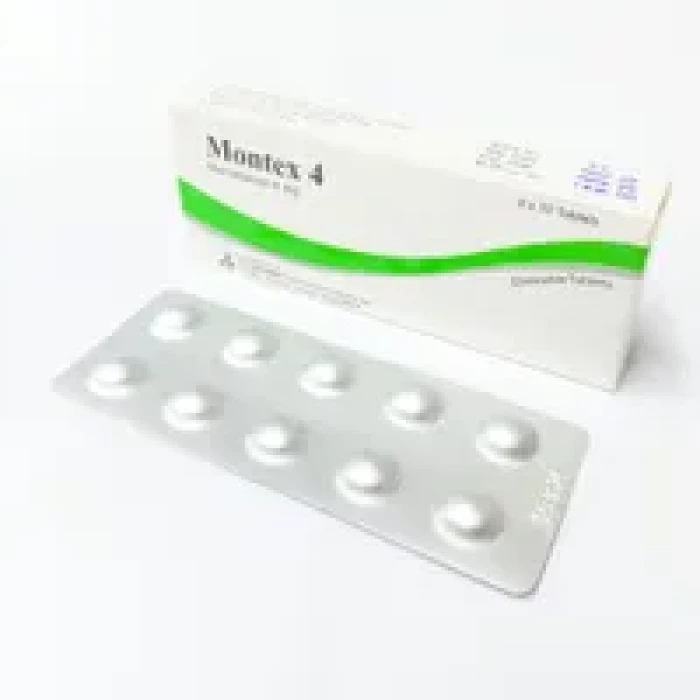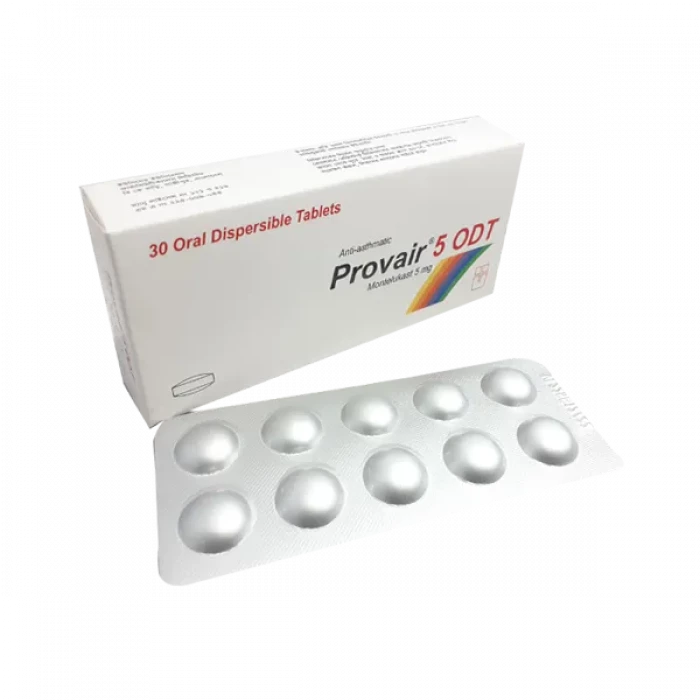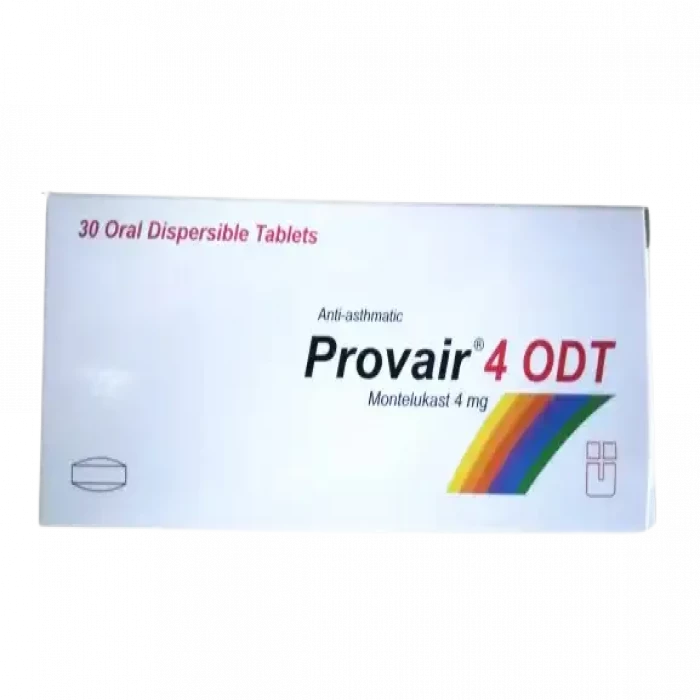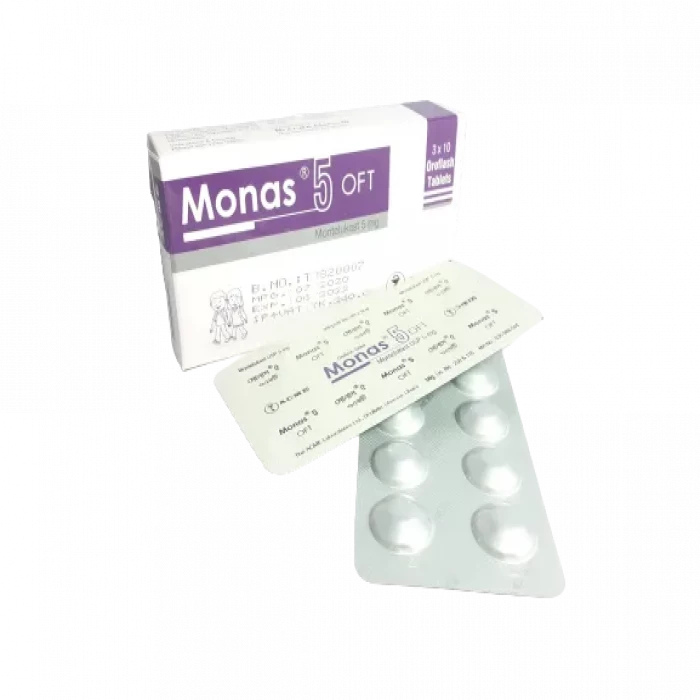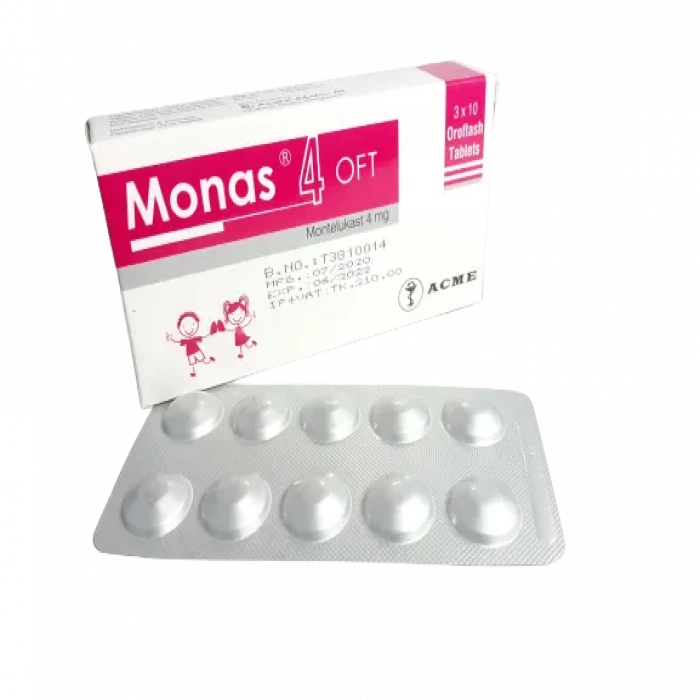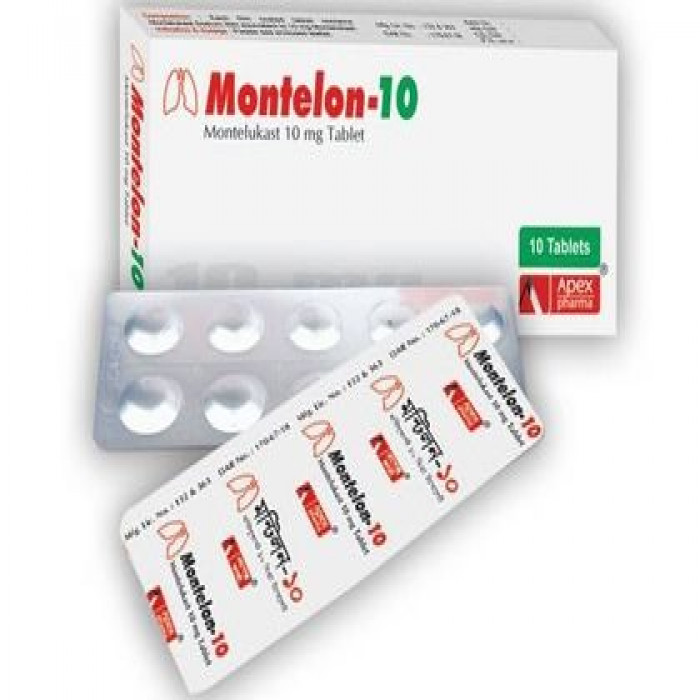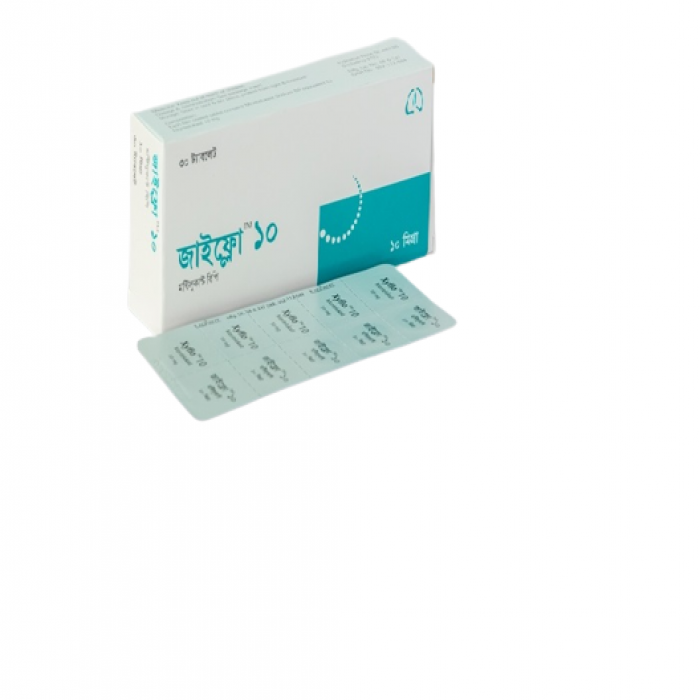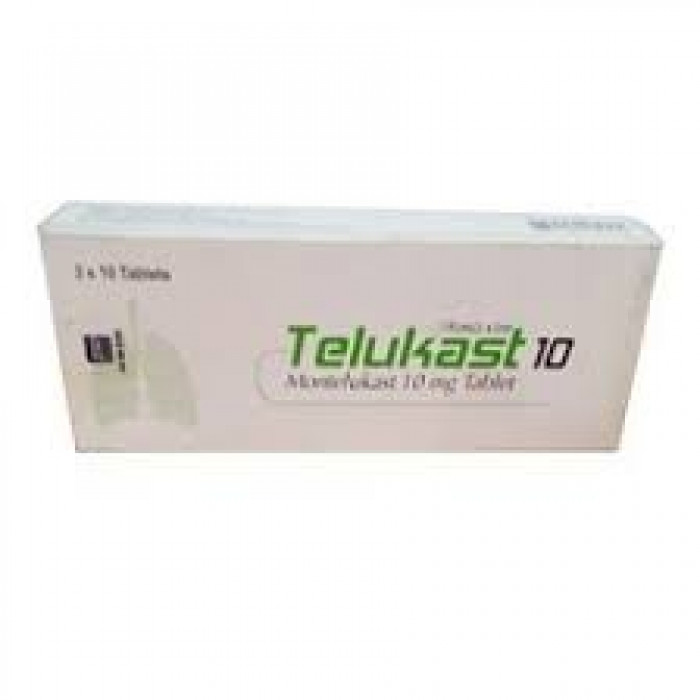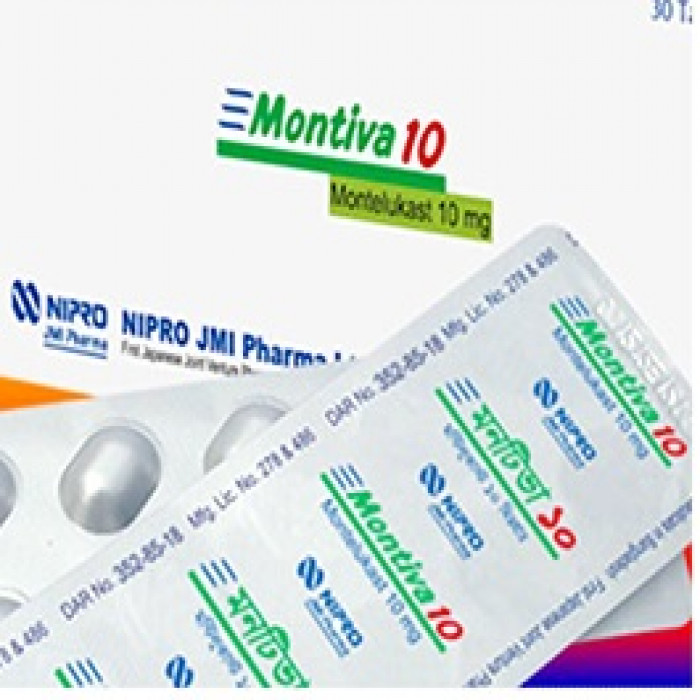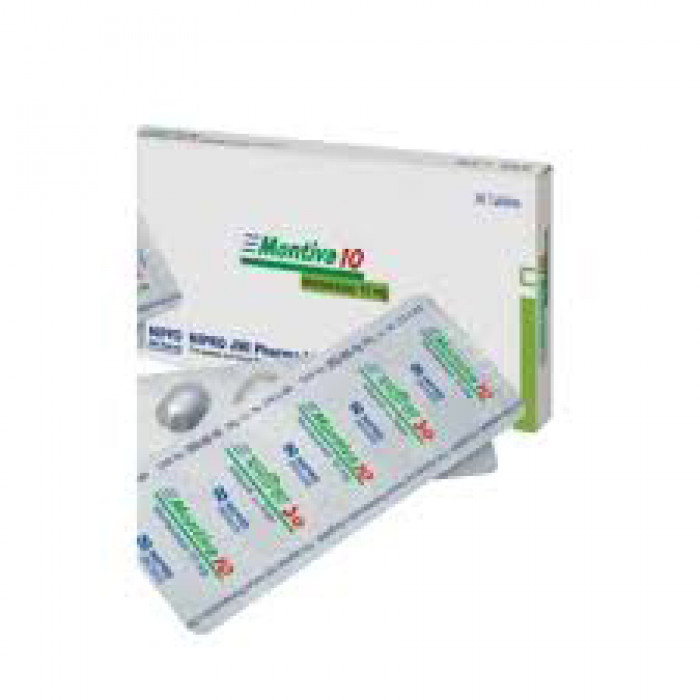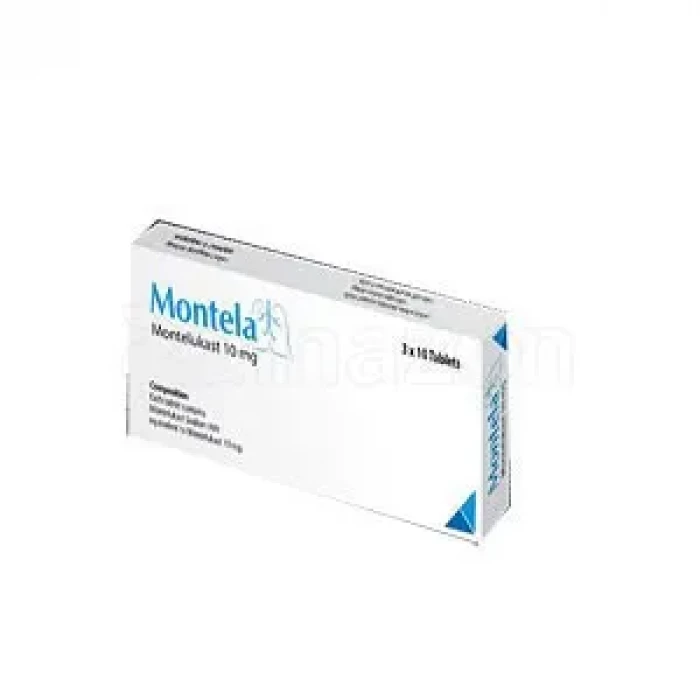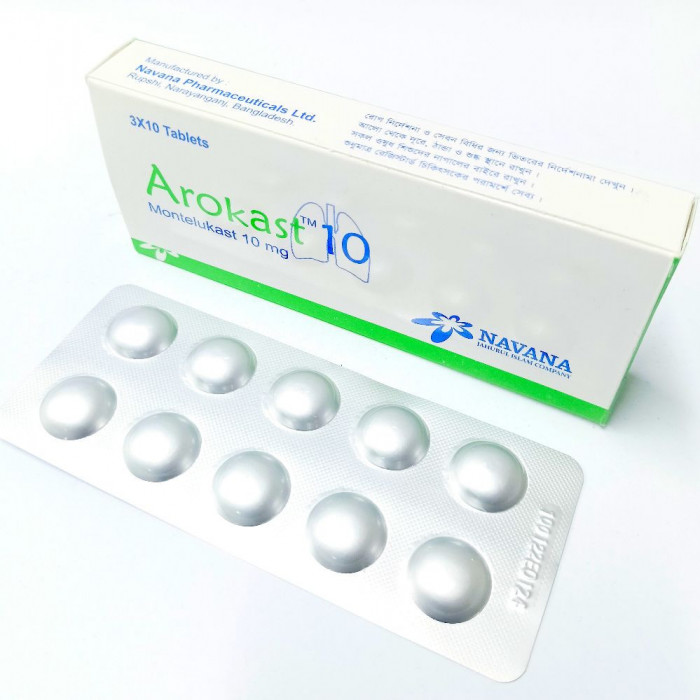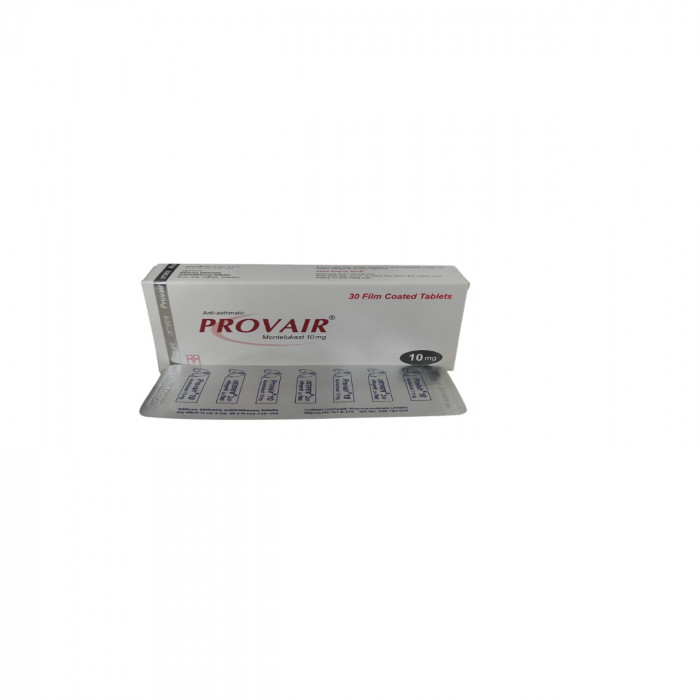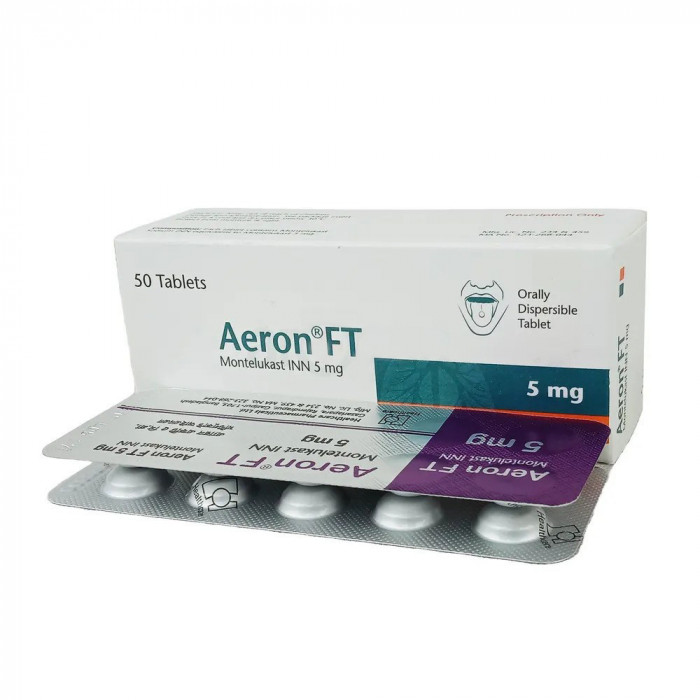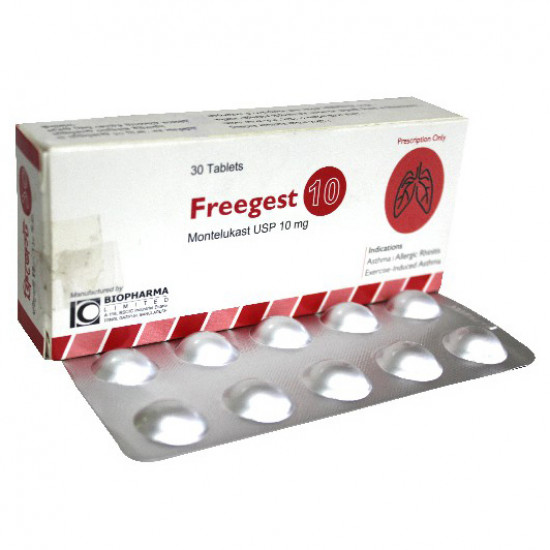
✔ 100% Authentic Product
👁️ Currently Viewing 295
Freegest is prescribed for the following conditions:
- Prophylaxis and long-term management of asthma.
- Prevention of Exercise-Induced Bronchoconstriction (EIB).
- Relief of symptoms associated with Allergic Rhinitis (AR), including both seasonal and perennial forms.
Discount
Price: ৳ 157
MRP:
৳
160
2%
Off

100% Genuine Products, Guaranteed

Safe & Secure Payments, Always

Fast, Secure & Efficient Delivery

Proper Packaging
 Cash on Delivery - All over Bangladesh
Cash on Delivery - All over Bangladesh Regular Delivery - 12-24 Hours, Dhaka City* Charge Tk.39-59
Regular Delivery - 12-24 Hours, Dhaka City* Charge Tk.39-59 Regular Delivery - 24-48 Hours, Other Cities* Charge Tk.99-110
Regular Delivery - 24-48 Hours, Other Cities* Charge Tk.99-110
 ফ্রি ডেলিভারিঃ - ৯৯৯ টাকা+ অর্ডারে, ঢাকা
শহরে
ফ্রি ডেলিভারিঃ - ৯৯৯ টাকা+ অর্ডারে, ঢাকা
শহরে ফ্রি ডেলিভারিঃ - ২৯৯৯ টাকা+ অর্ডারে, ঢাকার
বাহিরে
ফ্রি ডেলিভারিঃ - ২৯৯৯ টাকা+ অর্ডারে, ঢাকার
বাহিরে
100% Genuine Products, Guaranteed
Safe & Secure Payments, Always
Fast, Secure & Efficient Delivery
Proper Packaging
 Cash on Delivery - All over Bangladesh
Cash on Delivery - All over Bangladesh Regular Delivery - 12-24 Hours, Dhaka City* Charge Tk.39-59
Regular Delivery - 12-24 Hours, Dhaka City* Charge Tk.39-59 Regular Delivery - 24-48 Hours, Other Cities* Charge Tk.99-110
Regular Delivery - 24-48 Hours, Other Cities* Charge Tk.99-110 ফ্রি ডেলিভারিঃ - ৯৯৯ টাকা+ অর্ডারে, ঢাকা
শহরে
ফ্রি ডেলিভারিঃ - ৯৯৯ টাকা+ অর্ডারে, ঢাকা
শহরে ফ্রি ডেলিভারিঃ - ২৯৯৯ টাকা+ অর্ডারে, ঢাকার
বাহিরে
ফ্রি ডেলিভারিঃ - ২৯৯৯ টাকা+ অর্ডারে, ঢাকার
বাহিরে
✅ Description:
Montelukast is a selective, orally active leukotriene receptor antagonist that blocks the cysteinyl leukotriene receptor (CysLT₁). The cysteinyl leukotrienes (LTC₄, LTD₄, and LTE₄) are inflammatory mediators derived from arachidonic acid and released by mast cells and eosinophils. These compounds contribute to airway inflammation, edema, smooth muscle contraction, and tissue remodeling seen in asthma and allergic rhinitis. By inhibiting CysLT₁ receptors, Montelukast reduces airway inflammation and relieves allergic symptoms.
✔️ Therapeutic Class
Leukotriene Receptor Antagonist
✔️ Dosage & Administration:
Adults and Adolescents (≥15 years):
Asthma or Seasonal Allergic Rhinitis: 10 mg tablet once daily.
Children (6–14 years):
5 mg chewable tablet once daily.
Children (2–5 years):
4 mg chewable tablet once daily.
Children (6 months–5 years):
4 mg oral granules once daily. Granules may be taken directly or mixed with a spoonful of cold water or soft food at room temperature.
Special Populations:
Hepatic Impairment: No dosage adjustment is needed for mild to moderate hepatic insufficiency.
Renal Impairment: No dosage adjustment required.
Elderly: Similar pharmacokinetic profile to younger adults; no dosage modification necessary.
✔️ Side Effects:
Common:
Diarrhea, fever, headache, nausea, vomiting, upper respiratory tract infection, abdominal discomfort, or skin rash.
Uncommon:
Anxiety, dizziness, drowsiness, sleep disorders, irritability, depression, arthralgia, malaise, abnormal behavior, or muscle complaints.
Rare:
Angioedema, hallucinations, hepatic dysfunction, memory loss, palpitations, pulmonary eosinophilia, suicidal ideation, or tremor.
✔️ Drug Interaction
Freegest can be safely co-administered with most asthma medications without an increase in adverse effects. Clinical studies show no significant interaction with theophylline, prednisone, prednisolone, oral contraceptives, terfenadine, digoxin, or warfarin.
Drugs such as phenobarbital (a hepatic enzyme inducer) may reduce Montelukast’s AUC by about 40%; however, dose adjustment is not generally required. Caution and monitoring are advised when using potent enzyme inducers (e.g., phenobarbital, rifampin) concurrently.
✔️ Contraindications:
Hypersensitivity to Montelukast or any component of the formulation.
✔️ Pregnancy & Lactation:
Montelukast crosses the placenta in animal studies, though human data are limited. It should only be used during pregnancy if clearly necessary. Since Montelukast may be excreted in breast milk, caution is advised for nursing mothers.
✔️ Precautions & Warnings:
- Freegest is not indicated for the treatment of acute asthma attacks or status asthmaticus. Rescue medication should always be available for such cases.
- Patients should not abruptly discontinue inhaled or oral corticosteroids when switching to Freegest.
- Not recommended as monotherapy for exercise-induced bronchospasm.
- Aspirin-sensitive individuals should continue avoiding NSAIDs and aspirin despite Montelukast therapy.
- Continue treatment during acute asthma exacerbations under medical guidance.
✔️ Overdose Effects
Symptoms of overdose may include abdominal pain, somnolence, thirst, headache, vomiting, and hyperactivity. Most cases are mild and self-limiting. Management involves supportive care, gastric lavage, or activated charcoal as needed.
✔️ Storage Conditions:
Store below 30°C in a cool, dry place, protected from light and moisture. Keep out of reach of children.
⚠️Disclaimer:
At ePharma, we’re committed to providing accurate and accessible health information. However, all content is intended for informational purposes only and should not replace medical advice from a qualified physician. Please consult your healthcare provider for personalized guidance. We aim to support, not substitute, the doctor-patient relationship.





